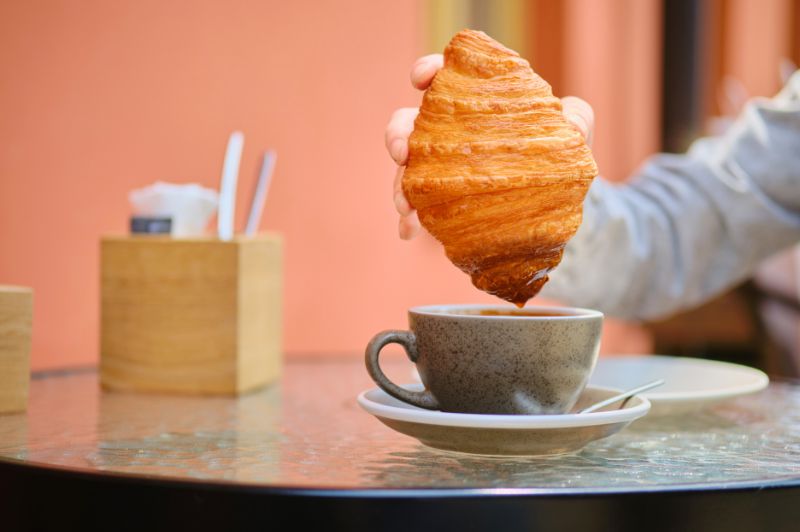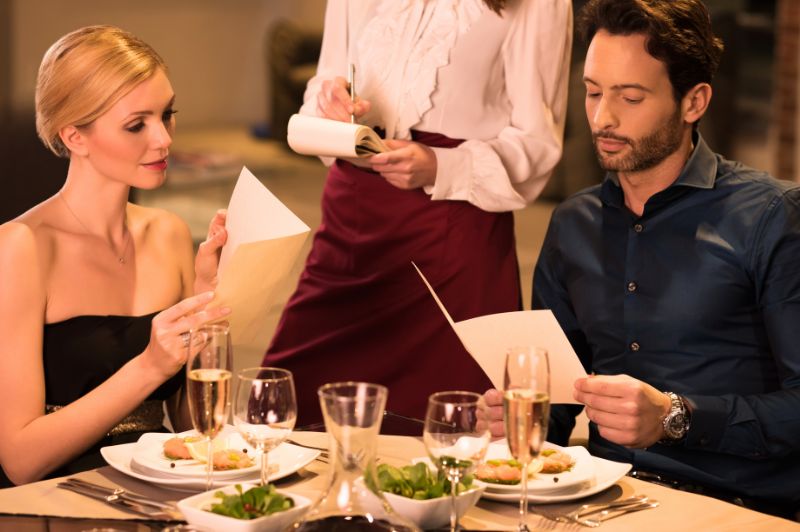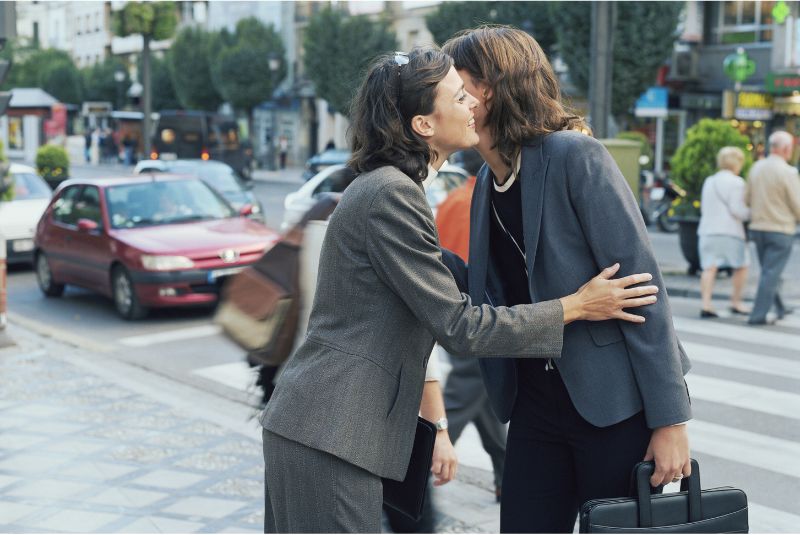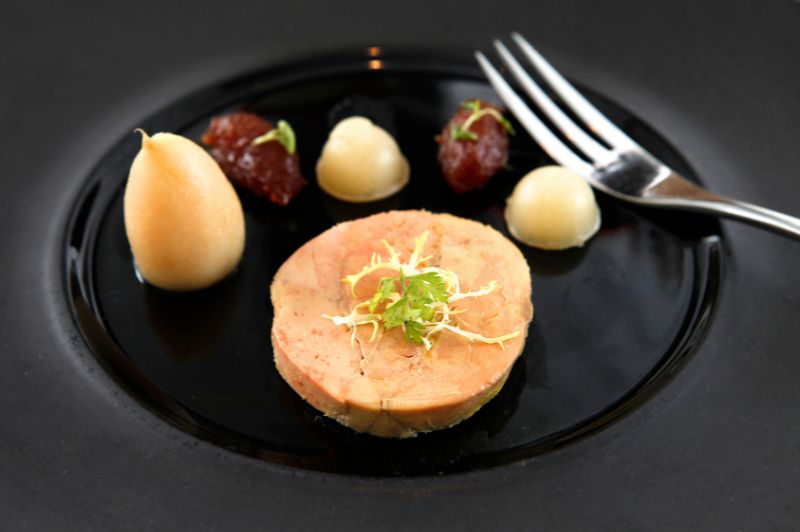12 Fast Ways to Get on a French Person’s Nerves
Think you’re passing for a local? Not quite. A few everyday habits can rub a French person the wrong way before you even realize it. Some will let it slide with a polite smile. Others will correct you on the spot. Either way, you’ll know.
Note: this is meant to be light-hearted, not a lecture! Travelers slip up, locals have quirks. Take it as a cultural cheat sheet.
1. Switching to Spanish When French Fails
If your French isn’t getting through, Spanish won’t help much unless you’re in the far southwest. Most people here aren’t fluent in it. Slowing your French down or moving to English is a safer bet.
2. Dipping Croissants in Coffee at a Café

Yes, it’s a breakfast ritual at home for some, but in a café it’s less common. Dunking your croissant into a café crème might get you a side glance – and you’ll end up with pastry crumbs floating around in your cup.
3. Asking for Ketchup With the Wrong Dish

Fries are fine. But ketchup with steak, cheese plates, or anything a chef has put effort into? That’s another story. Many French restaurants don’t even stock it unless requested.
And when you do ask, don’t be surprised if the server double-checks you really want to drown that duck breast in tomato sauce.
4. Forgetting Eye Contact With Bonjour

The bonjour matters as much as the words that follow. Make it with eye contact and a polite tone. If you just mumble it into your phone or while looking away, it can come off as cold or dismissive.
5. Talking Work at Dinner

Outside a business lunch, the table isn’t the place for job talk. Dinner conversation flows around food, culture, news, and everyday life. Leading with “So, what do you do?” can make the exchange feel cold and transactional.
6. Asking for Coffee To-Go
Coffee culture in France leans toward sitting down, not walking with a cup. Some cafés will hand you one in paper, but in a traditional brasserie you’ll get a small espresso and a puzzled look if you ask for a giant “grand” coffee to go.
7. Hugging Instead of La Bise

The everyday greeting is la bise, a cheek kiss or just the gesture without contact. Full hugs are reserved for close friends or family. Walk in with a bear hug for someone you barely know, and they’ll probably go stiff.
8. Raising Your Voice in Public

In restaurants, on the metro, or at markets, people tend to keep conversations low. If your group is the loudest, expect stares or sighs. You won’t hear complaints, but you’ll feel them.
9. Asking for Foie Gras Well-Done

Foie gras should be silky, either cold as pâté or lightly seared. Cooking it until it’s firm ruins the whole point. If you don’t like the texture, pick another starter rather than asking for it “cooked more.”
10. “Voulez-vous coucher avec moi?”
It’s not clever, not something people actually say. That Lady Marmalade line just lands awkwardly in real life and will probably earn you a blank stare.
11. Touching Produce Without Asking
At open-air markets, sellers arrange fruit and vegetables carefully. Picking them up yourself without permission is frowned upon. It’s better to point and let the vendor choose for you, unless they tell you it’s self-service.
12. Misusing “Salut” With Strangers
“Salut” is casual, it’s for friends, family, or people you know well. Using it with a shopkeeper, hotel staff, or anyone you’ve just met can feel overly familiar. Stick with “Bonjour” or “Bonsoir” until you know them better.
